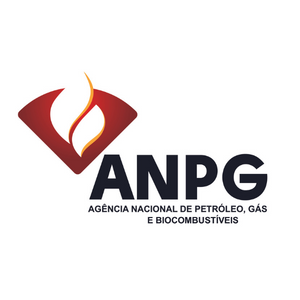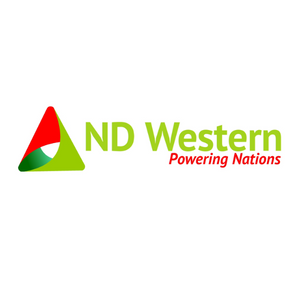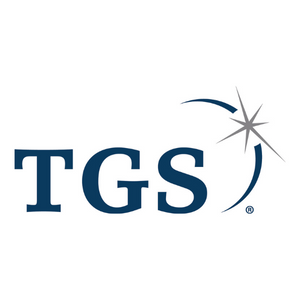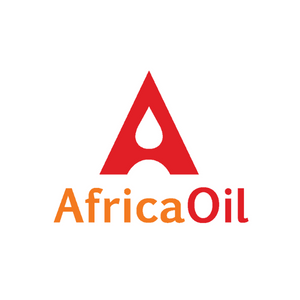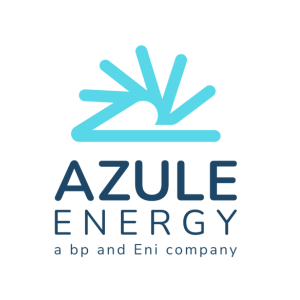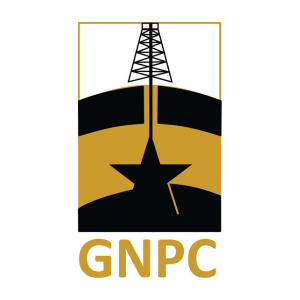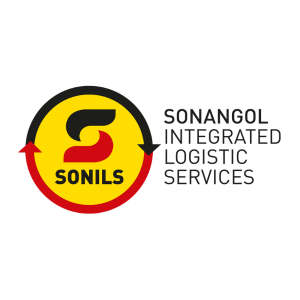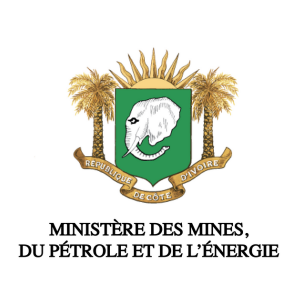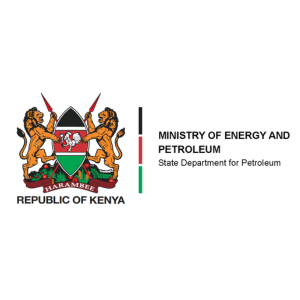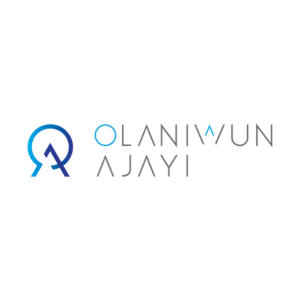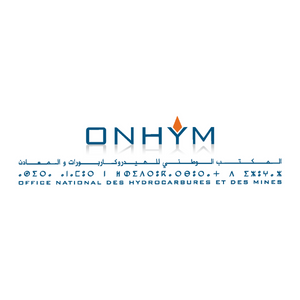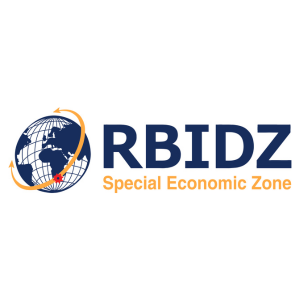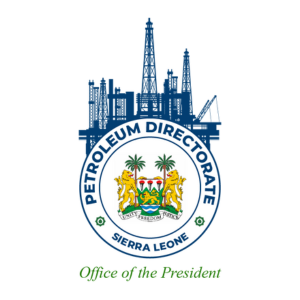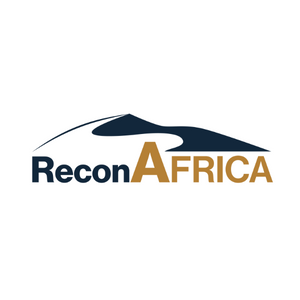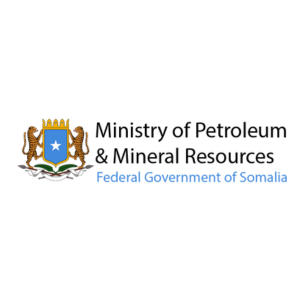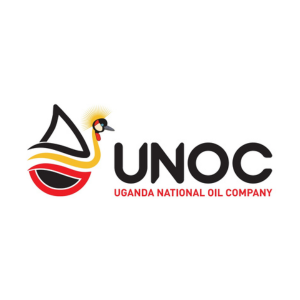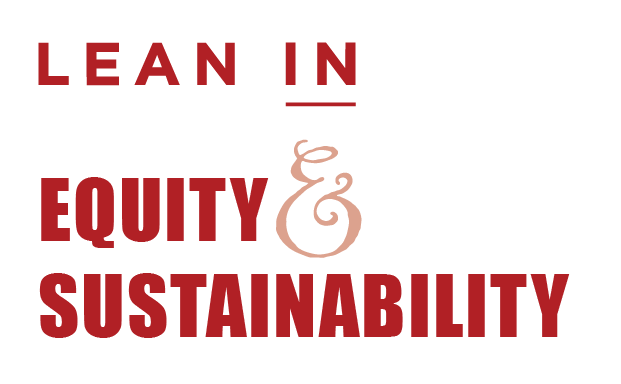The IEA’s Dr. Fatih Birol shares insights on our newly disrupted world
The current COVID-19 pandemic, and its global and ubiquitous disruption, is delivering a seemingly constant stream of new challenges to our way of life. Yet, for all the restrictions and concerns it has imposed on us in just a matter of weeks, it is also providing unprecedented insights in to our reliance on energy, how we generate and distribute it, and the opportunities for energy evolution and transition.
Dr. Fatih Birol, Executive Director of the International Energy Agency (IEA) which advocates policies that enhance the reliability, affordability and sustainability of energy, recently spoke about the way in which the current global health crisis is bringing our reliance on increasing electrification into sharp focus. He estimates that electricity demand has dropped as much as 15% in many economies in recent weeks due to the rapid slow-down of industrial activity. This has presented unexpected opportunities to diversify the energy mix for many countries as renewable sources such as wind and solar are able to add to capacity:
“In this way, the recent drop in electricity demand fast forwarded some power systems ten years into the future, suddenly giving them levels of wind and solar power that they wouldn’t have had otherwise without another decade of investment in renewables. This is an important moment for our understanding of cleaner electricity systems, including some of the operational challenges that policy-makers and regulators need to address to ensure electricity security.”
However, the critical challenge of balancing supply and demand on networks in real time remains. In many developing and emerging economies, cheap coal for power generation is still the default fuel of choice. But as global society seeks to reduce emissions, natural gas is finding a larger role in the energy matrix. Dr Birol explains:
“Most electricity systems rely on natural gas power plants – which can quickly ramp generation up or down at short notice – to provide flexibility, underlining the critical role of gas in clean energy transitions.”
Given new discoveries in Africa, such as Total’s Brulppada project based offshore South Africa, as well as Mozambique’s exciting LNG development, the continent is well placed to build a market to help create the requisite flexibility sought by many countries grappling with the most effective strategy to lower emissions whilst feeding economic growth.
Another valuable asset that Africa possesses is its abundance of human potential, especially given the young demographic of many of its economies. The future of Africa’s energy growth relies as much on its development of skilled personnel as its in-situ natural resources. The digital revolution will help to give access to opportunity to the next generation, as Dr. Birol highlights:
“Despite the increasing use of digital technologies in electricity systems, the current crisis has also reminded us of the essential role of skilled personnel. Network maintenance and repair is labour intensive and has to be done on site by workers and engineers...A key lesson of the current crisis is to make sure that electricity systems have sufficient resources, not just of physical assets, but also human capital.”
The Plenary Stage at Africa Oil Week 2020 will host discussions about the growing role of gas in Africa's energy future. Learn more here.
Dr. Fatih Birol, Executive Director of the International Energy Agency (IEA) which advocates policies that enhance the reliability, affordability and sustainability of energy, recently spoke about the way in which the current global health crisis is bringing our reliance on increasing electrification into sharp focus. He estimates that electricity demand has dropped as much as 15% in many economies in recent weeks due to the rapid slow-down of industrial activity. This has presented unexpected opportunities to diversify the energy mix for many countries as renewable sources such as wind and solar are able to add to capacity:
“In this way, the recent drop in electricity demand fast forwarded some power systems ten years into the future, suddenly giving them levels of wind and solar power that they wouldn’t have had otherwise without another decade of investment in renewables. This is an important moment for our understanding of cleaner electricity systems, including some of the operational challenges that policy-makers and regulators need to address to ensure electricity security.”
However, the critical challenge of balancing supply and demand on networks in real time remains. In many developing and emerging economies, cheap coal for power generation is still the default fuel of choice. But as global society seeks to reduce emissions, natural gas is finding a larger role in the energy matrix. Dr Birol explains:
“Most electricity systems rely on natural gas power plants – which can quickly ramp generation up or down at short notice – to provide flexibility, underlining the critical role of gas in clean energy transitions.”
Given new discoveries in Africa, such as Total’s Brulppada project based offshore South Africa, as well as Mozambique’s exciting LNG development, the continent is well placed to build a market to help create the requisite flexibility sought by many countries grappling with the most effective strategy to lower emissions whilst feeding economic growth.
Another valuable asset that Africa possesses is its abundance of human potential, especially given the young demographic of many of its economies. The future of Africa’s energy growth relies as much on its development of skilled personnel as its in-situ natural resources. The digital revolution will help to give access to opportunity to the next generation, as Dr. Birol highlights:
“Despite the increasing use of digital technologies in electricity systems, the current crisis has also reminded us of the essential role of skilled personnel. Network maintenance and repair is labour intensive and has to be done on site by workers and engineers...A key lesson of the current crisis is to make sure that electricity systems have sufficient resources, not just of physical assets, but also human capital.”
The Plenary Stage at Africa Oil Week 2020 will host discussions about the growing role of gas in Africa's energy future. Learn more here.








